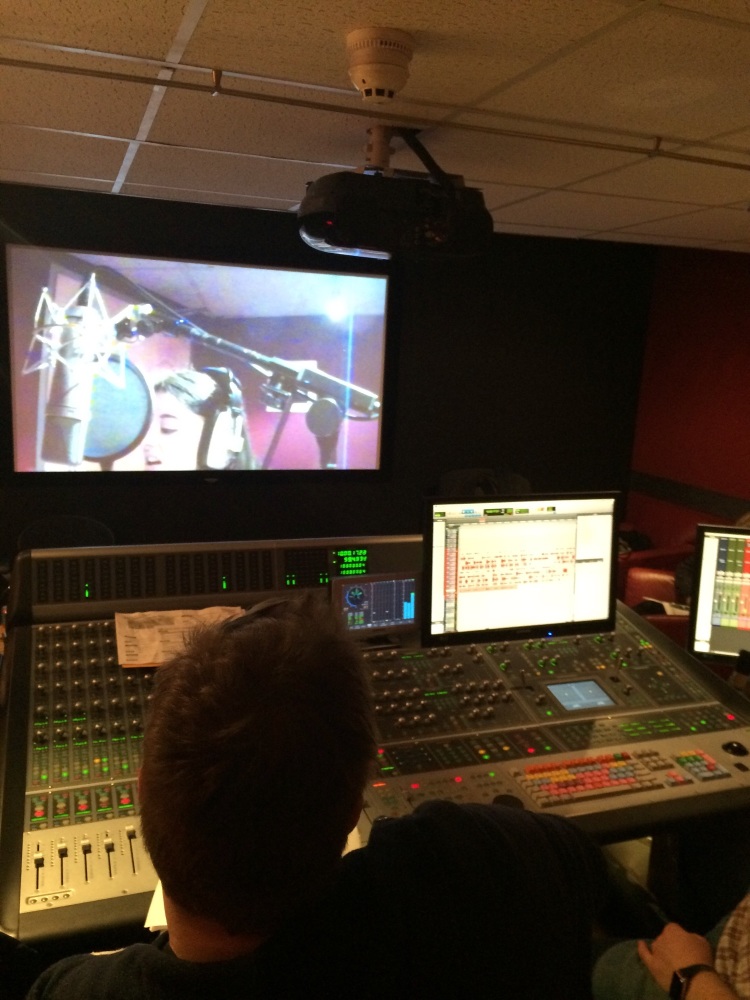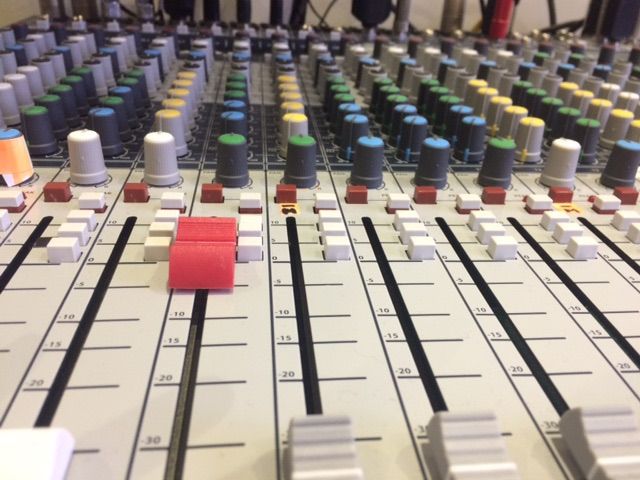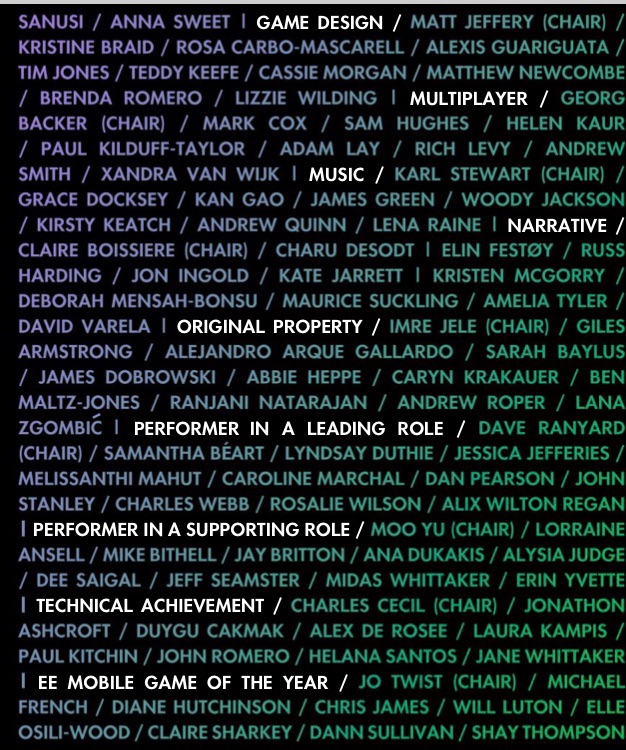Top 2020 Voiceover Trends
Posted on
Let's face it, 2020 has been that buzz on the voiceover sound chain that well, none of us could figure out the source. As with every year there have been positives though very much coated so densly that it has been a struggle to unearth them all. For this final post of the year, I'm going to take a look at a few voiceover trends that I saw and what I hope for next year.
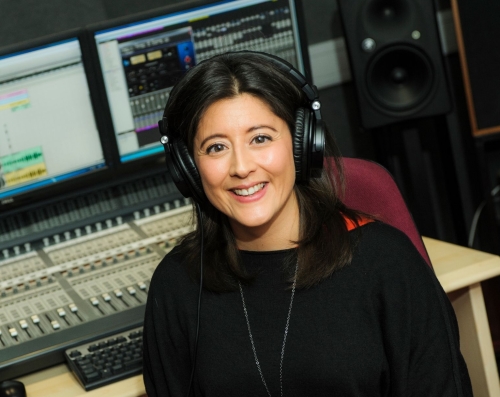
How did VoiceOver change in 2020?
I remember how we all worried about the Millenium bug about 20 years ago and how that would affect everything from banking systems to university records. This year however it was an all together different bug we all worried about. There have been many facets this year and we have all faced them with (insert your most used emotion here). Times have been hard for many industries and in particular for the creative arts. My heart has broken many times as shows either in theatres or TV have been cancelled or postponed. This year really hit hard. Many friends and colleagues lost jobs, lost survival jobs. A show I was invovled in was postponed and we hope that the show will go back on. While I could spend hours commenting on many aspects of the year instead I am going to concentrate on how I saw the voiceover world ebb and flow in the current of COVID-19.
The voiceover first quarter was strong
In the first quarter, voice over trends seemed to be following the usual pattern. Back to work and projects with industries working with their creative agencies to push forward. So far, so normal. Productions had a normal pace to them maybe even a slight swagger as we carried on as usual. I found that bookings were the same and projects and productions with longer outlooks still looked good. Voices that were popular including youthful urban voices full of millenial promise. I particularly like the cadence and musicality of this voice and that almost throw away ending of sentances.
"We'll get back to you in a few weeks"
That was the first real inkling of change. The emails and phonecalls were starting to sound familiar with this phrase and then....Then we all went into lockdown and that was when the emails, phones, messages stopped. It was quieter than a long pause in the voiceover recording booth waiting on direction and notes, nervously looking at their copy.
Here while clients went quiet and we all scratched our heads a bit, actors and creatives went into pre-production overdrive. Many of them turned to the jolly art that is voiceover work in hopes of getting work. I took many calls from voices (new and old) looking for advice, reassurance and maybe a bit of a hug. At that point all from afar.
Are there any voices out there?
And then, slowly the tide turned. Clients sprung back to life as we realised this was no "two week" or "month long" break. This was now our, (pausing for dramatic effect), the new normal in unprecedented times. Yes, many of us have repeated that phrase a few times in the home studio. And now, the voices chosen were for more public announcements and they were usually male, older, with a strong air of authority. Taking their cue from Mark Strong's vocal gravitas, adverts became more about staying safe than playing. So in the UK marketplace, campaigns in times of crisis seem to go for this character of voice.
Christmas at sea
As the summer crept by, work picked up and those shelved projects were dusted off and off we went again. I found myself with a few jobs coming in, truthfully far less than the usual jobs at this time of year but still grateful that my clients were still trading. And as we heading to Christmas, jobs and copy while tinged with a safe messaging were more upbeat. The "family" of voices came into play much more with diversity being key and with advert copy trying to bring hope into things. The usual Christmas adverts focused on family and the voices I heard were wonderfully diverse. This mix I feel, will continue well into 2021.
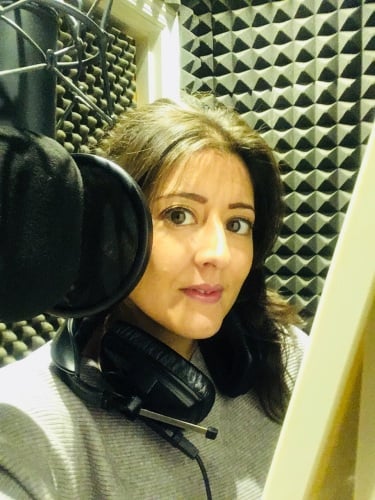
2021 voice over artist hopes
My personal wish is that our wonderful creative industry picks up and runs with it (all from our home studios of course). Or even from a studio further afield once tier levels even out. I hope to direct more voiceover projects, ensuring copy is tight and delivered well. As ever the e-learning trends remain strong simply because more people are working from home and zooming in and out of meeting is tiring. Maybe more audio based training will mean less fatigue. I hope that diverse voices remain a key factor. And I hope that more production companies realise that need for audio as a way of connecting us all together when we still remain very much enable to connect physically.
I look forward to working with creative clients globally, with dedicated and fun voices and with copy that makes me think about things more.
May you all have a better 2021!
xx


